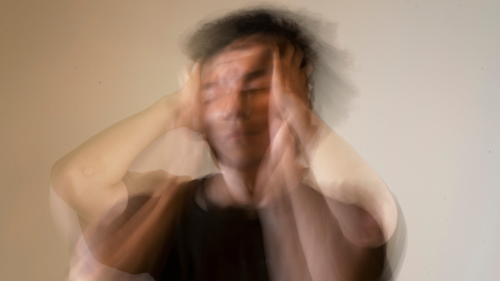How Body Memory Affects Mental Health Beyond Trauma
Memory
resides in the brain; our body also stores experiences, emotions, and
sensations. "Body memory" refers to how the body retains information
through physical sensations and emotional responses that are sometimes not
accessible to conscious memory. This phenomenon affects mental health in
profound and complex ways, beyond trauma. Here, we will explore how this body
memory influences our emotional well-being and what we can do to improve our
relationship with it.
Body
Memory and Its Impact on the Mind
The body
acts as a kind of "record" of experiences. This means that intense or
repetitive emotions and experiences are recorded in the muscles, joints, and
organs. Although body memory is associated with trauma, it can also retain
other experiences that affect our emotions and reactions. For example, chronic
stress causes certain muscle groups to tense, and the lack of emotional
expression generates blockages in the body, manifesting as pain or discomfort.
This type of memory influences how we perceive the environment and how we
respond to stimuli similar to those previously experienced, conditioning our
reactions without us being aware of it.
Body memory
leads to automatic reactions to certain stimuli, making it difficult to develop
conscious responses. In cases of anxiety or depression, the body tends to
"memorize" these emotions, intensifying physical and emotional
reactions in stressful situations. This creates a cycle in which physical and
emotional responses reinforce each other. Without realizing it, body memory can
affect our decisions and relationships, especially when unconscious reaction
patterns prevent us from seeing situations objectively. Recognizing and working
on these patterns can be crucial for mental well-being.
How
to Work with Body Memory to Improve Mental Health
To improve
the relationship between body and mind, it is useful to practice body awareness
exercises. Yoga, mindfulness, and conscious breathing allow us to recognize and
release tensions. Also, attending therapies such as bioenergetics or somatic
therapy helps explore and deactivate unconscious body responses. Performing
stretches, walks, or gentle movements releases accumulated tensions, and,
together with therapy, allows us to unblock emotions that the body has
retained.
The body
has its own wisdom, and remembering this helps us take care of our mental
health in an integral way.
RewPaz



